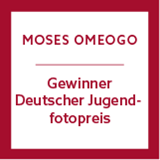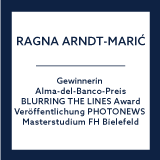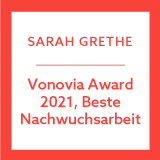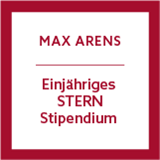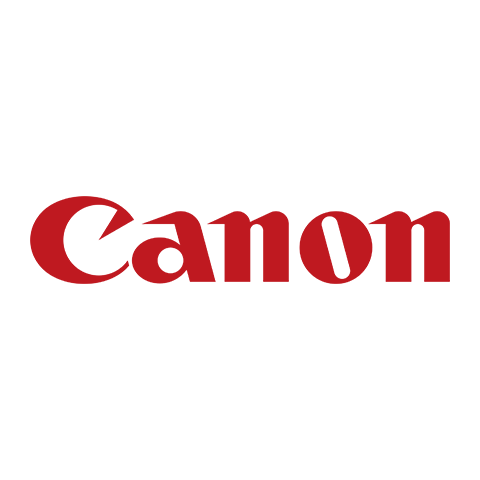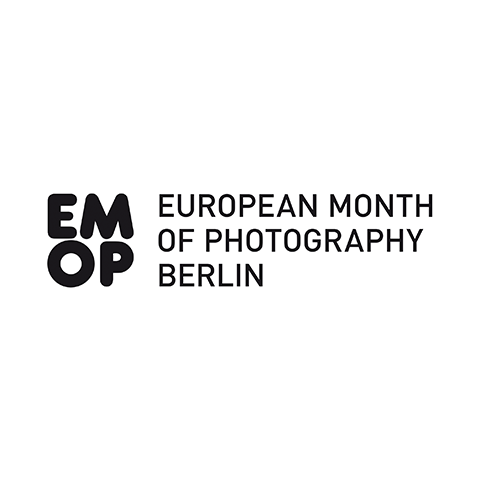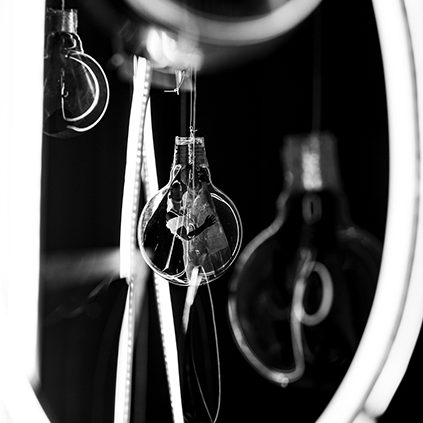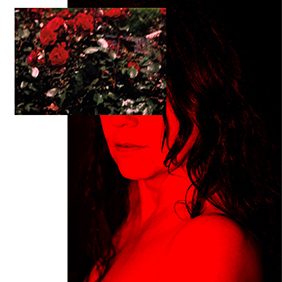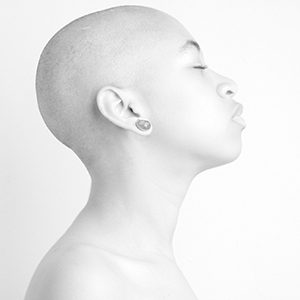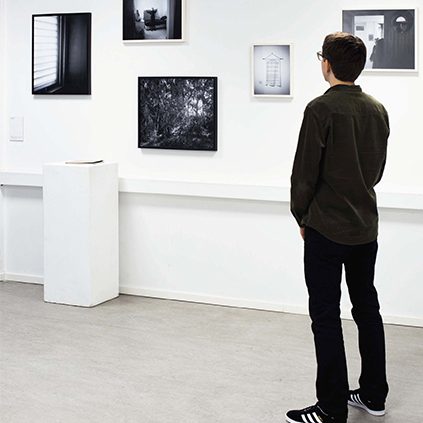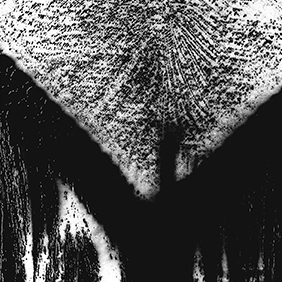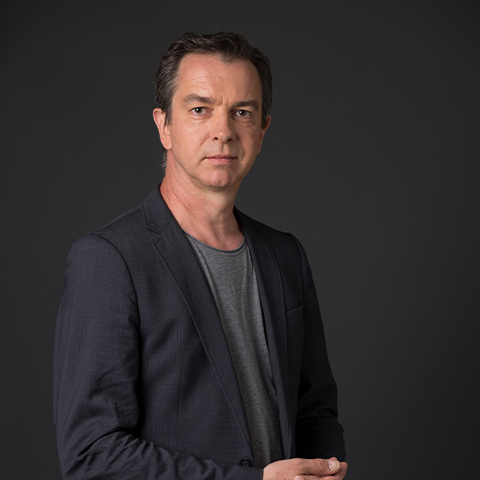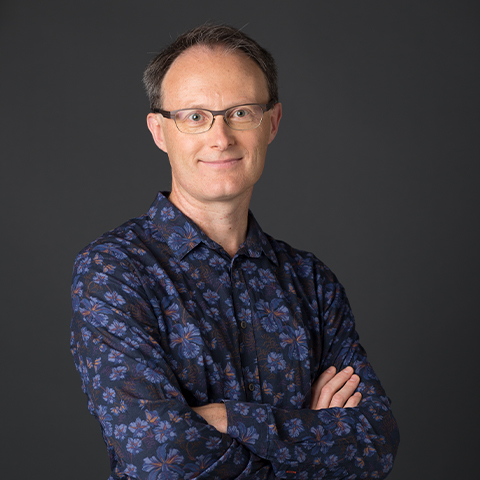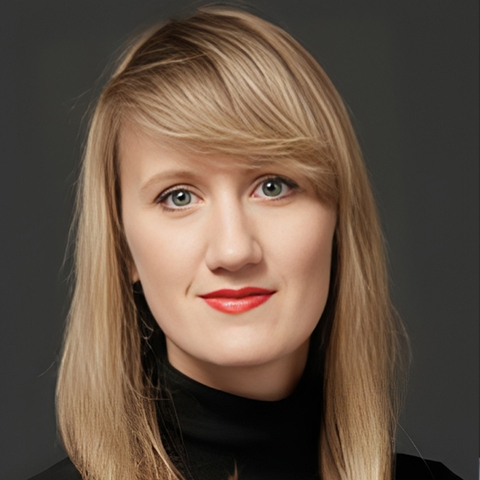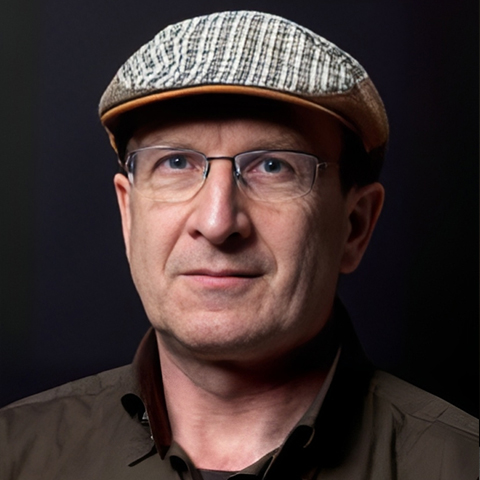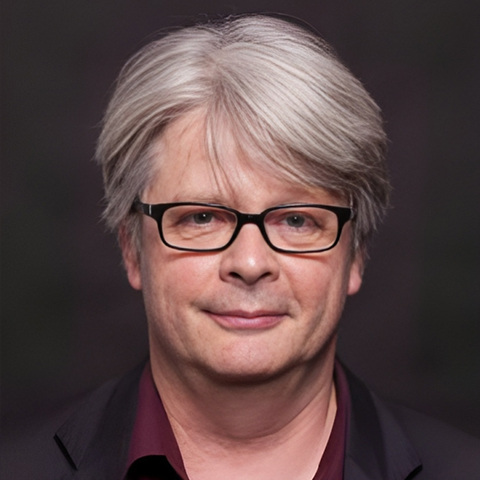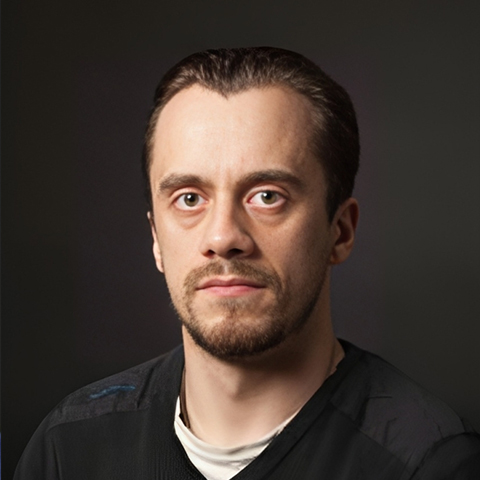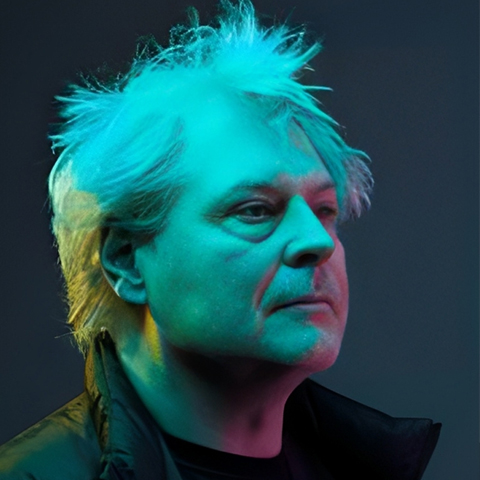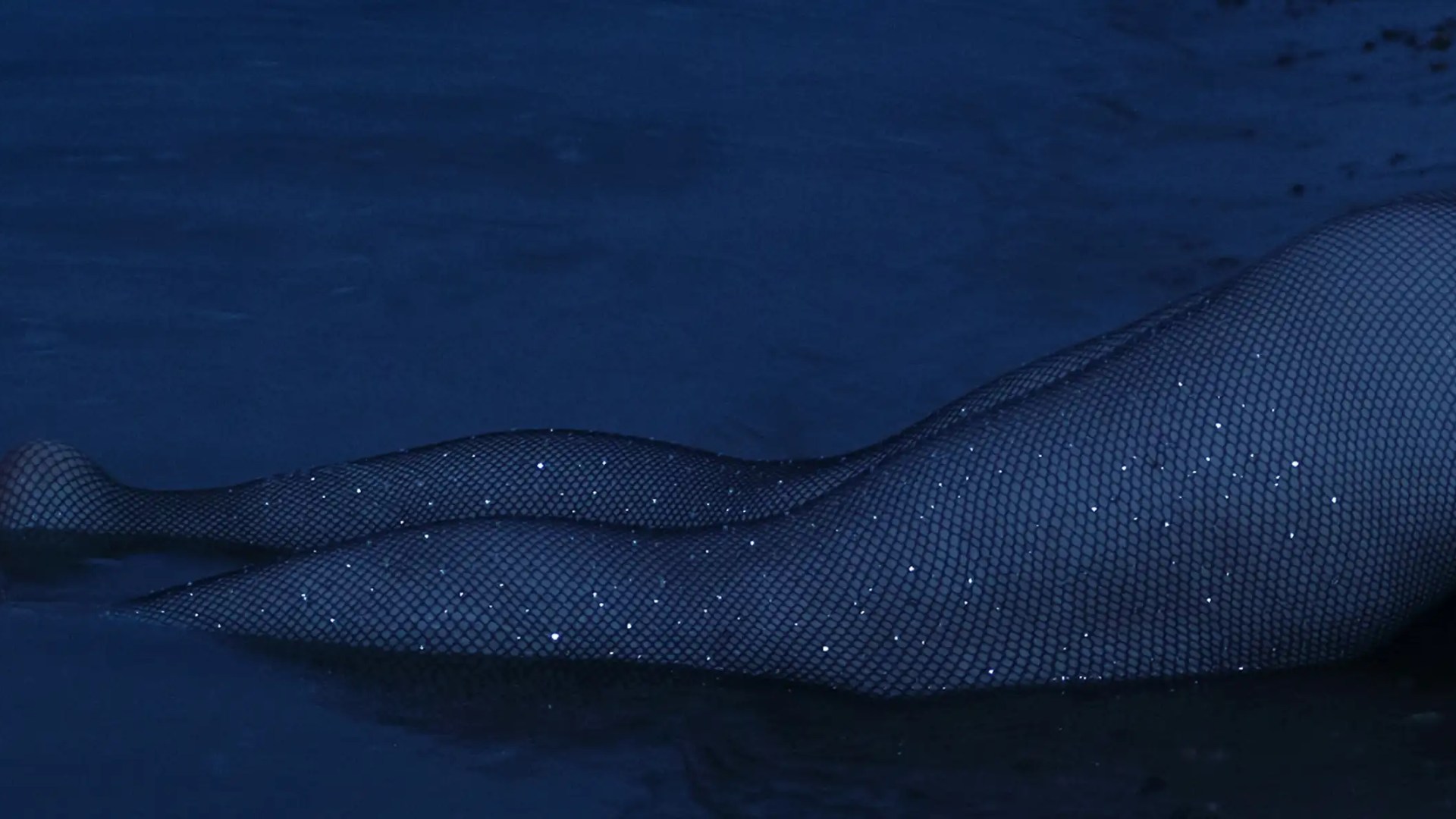
Fotografie & Neue Medien
Bilder sagen mehr als Worte: das Fotografie Studium für kreative Köpfe und enthusiastische Künstler*innen.
©Maike Bergold, On taking up time
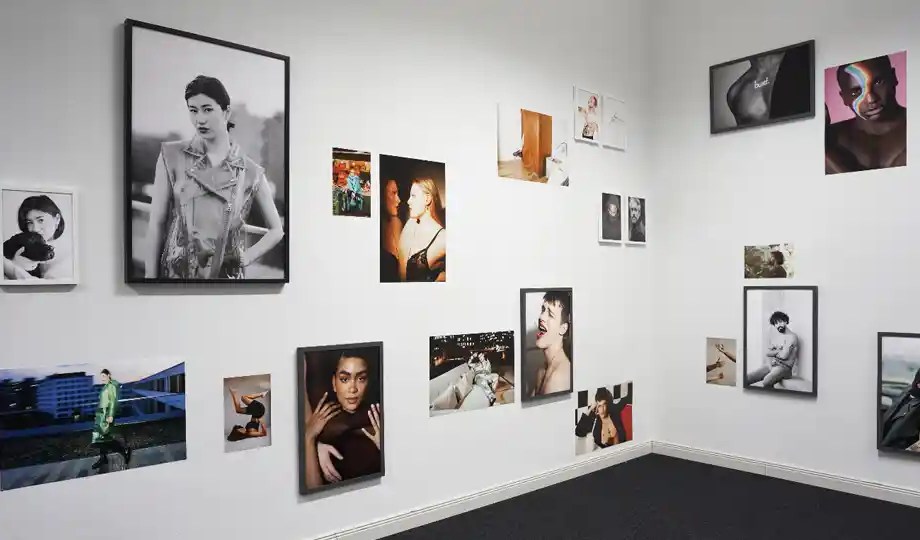
Fotografie & Neue Medien, B.A.
Wir befinden uns in einem kulturellen und historischen Zeitabschnitt, in welchem unsere Gesellschaft wie nie zuvor mit einer Fülle von Fotografie umgeben und beeinflusst wird. Wir verstehen es als unsere Aufgaben, Studierenden die erforderliche visuelle und technische Grammatik näher zu bringen, die notwendig ist, um unterschiedliche Bildsprachen zu verstehen, kritisch zu hinterfragen und selbst reflektiert anzuwenden. Das Verstehen des Mediums der Fotografie und der bewusste Einsatz sind deshalb nicht nur in der Kunst, sondern auch in der Werbung und im redaktionellen Bereich unabdingbar.
Informationen zum Fotografie & Neue Medien B.A.
Start | Lehrsprache
- Wintersemester
- Sommersemester
- Englisch
Studienentgelte
- EU Bewerber*in Standard: 708 € monatlich
- Non-EU Bewerber*in Standard: 12.100 € jährlich
Auslandssemester | Praktikum
5. Semester
Curriculum
Dieser Studiengang umfasst sechs Semester. Finde heraus, was du studieren wirst, indem du das Curriculum herunterlädst.
Fotografie & Neue Medien Studium auf einen Blick
Unser Ziel ist es, den Studierenden im Fotografie Studium zu einer individuellen fotografischen Haltung und einer eigenständigen Position zu verhelfen. Dabei sollen sie ihren Mut für das Experimentelle und das Grenzüberschreitende bewahren und sich ihrer sozialen und gesellschaftlichen Verantwortung als Fotograf*in bewusst werden.
Während des Bachelors Fotografie & Neue Medien stehen unterschiedliche Genres der Fotografie wie beispielsweise Dokumentarfotografie, Inszenierte, Angewandte oder Künstlerische Fotografie zur Wahl. Die Gestaltung des Studienablaufes ist dabei offen und bietet zudem die Option, in anderen Studiengängen interdisziplinäre Wahlfächer zu belegen. Neben der Vermittlung von theoretischen und praktischen Kenntnissen unterstützen wir unsere Studierenden nicht nur bei hochschulinternen, sondern auch externen Ausstellungsprojekten durch unser weitreichendes Partnernetzwerk in der Wirtschaft, den Medien sowie der Kreativszene.
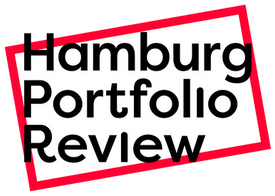
Eine neue Plattform für die internationale Fotoszene in Europa!
Die Hamburg Portfolio Review bietet Fotograf*innen die Möglichkeit, ihre Arbeiten internationalen Expert*innen der Fotobranche zu präsentieren. Unsere ehemalige Professorin für Fotografie & Neue Medien, Prof. Heike Ollertz ist eine der Initiator*innen dieser Kooperation mit dem STERN und Geo. Bei den persönlichen Portfolio Reviews hier am Hamburger UE Campus treffen die ausgewählten Fotograf*innen auf internationale Fotoexpert*innen aus den unterschiedlichsten Bereichen und präsentieren ihre Arbeiten zusätzlich in einer Ausstellung.
Wie gestaltet sich der Unterricht in unserem Studiengang Fotografie & Neue Medien?
Erhalte Einblicke in unsere Zusammenarbeit mit MAGNUM Photos, und die Erläuterung zu Inhalten des Studiengangs von Prof. Dr. Nina Röder und unserem erfolgreichen Almuni Max Arens.
Auszeichnungen und Preise unserer Fotografie Studierenden

